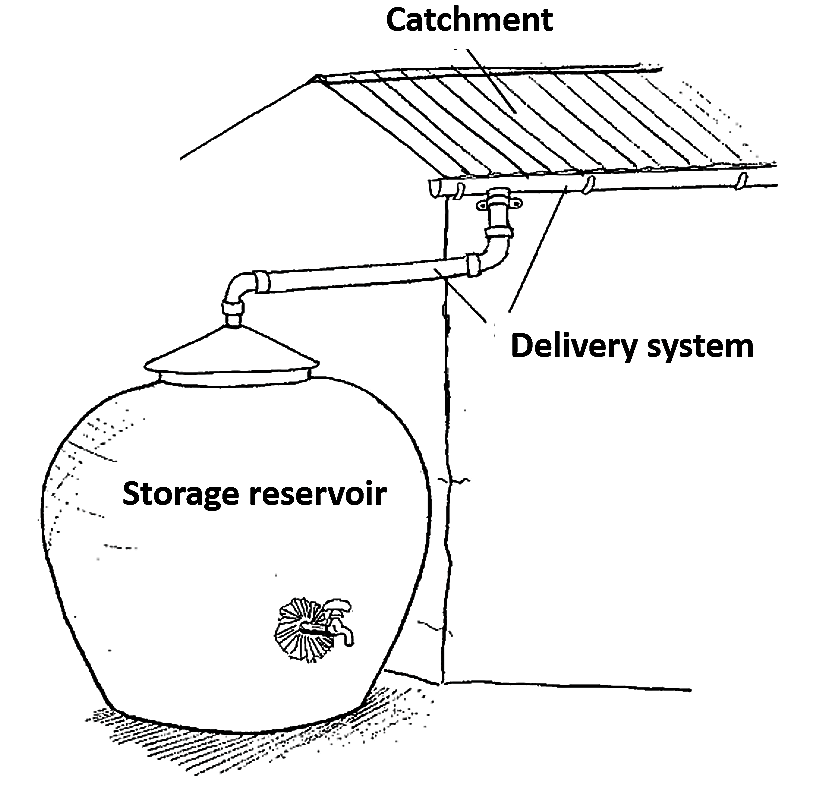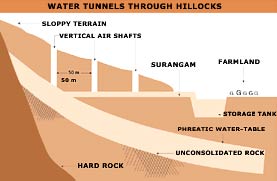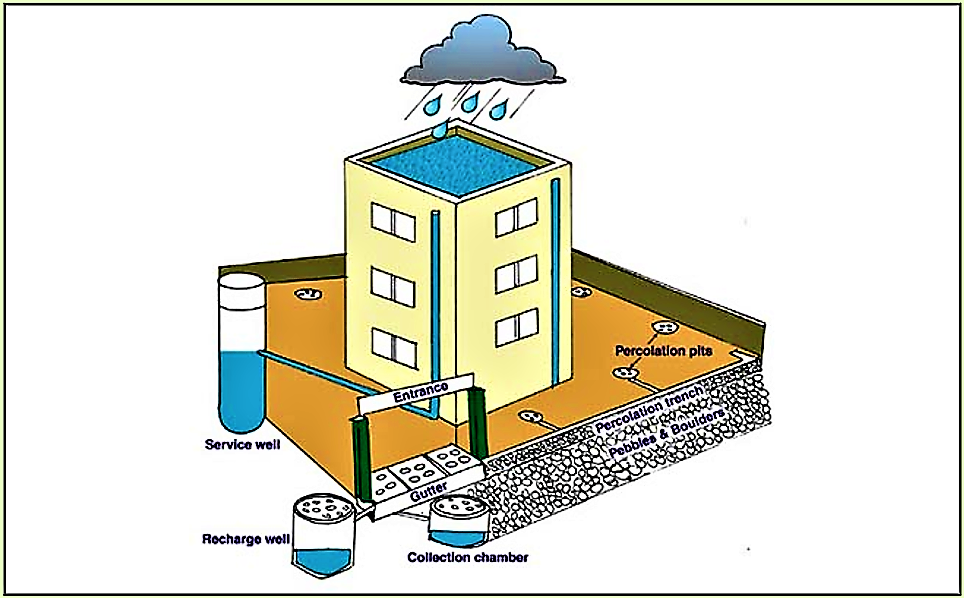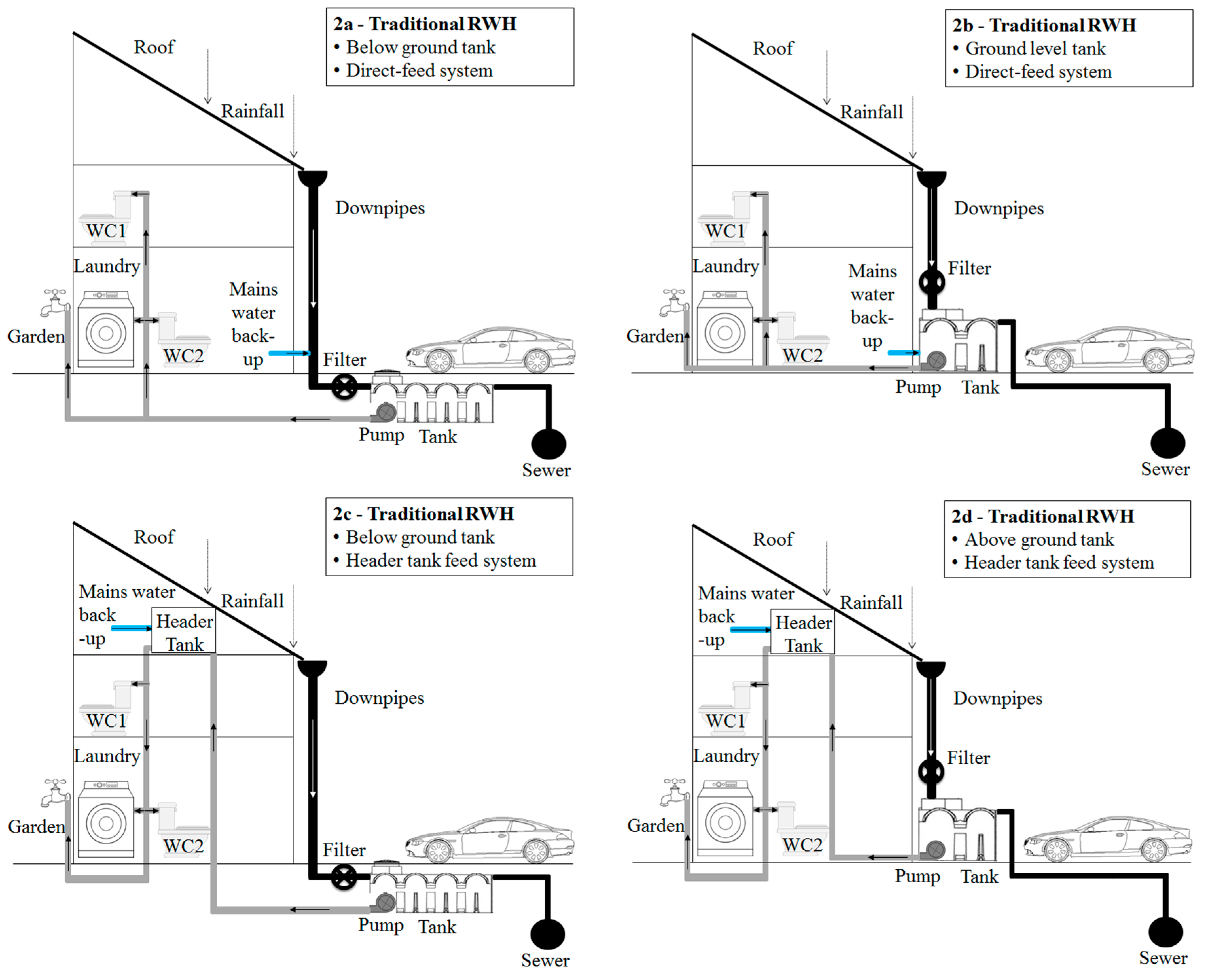Diagram Traditional Water Harvesting System

Water conservation is a key element of any strategy that aims to alleviate the water scarcity crisis in india.
Diagram traditional water harvesting system. It is meant to provide drinking water for and water security for a family or a small group of families. Follow report by topper19 25 02 2018 log in to add a comment. Many water harvesting structures and water conveyance systems specific to the eco regionsand culture has been developed they harvested the rain drop directly. The soil here is sandy and does not retain water.
Explain the traditional water harvesting system with the suitable diagram write about the techniques of water harvesting ask for details. Groundwater levels are low. Cbse class 10 physics chapter 16. A taanka is composed of a covered underground impermeable cistern on shallow ground for the collection of rainwater.
In many parts of rajasthan rain water collected through rooftop harvesting is collected in large underground reservoirs called tankas. Excess water is diverted to wells to recharge groundwater. The two ways by which water harvesting can be undertaken are. Many water harvesting structures and water conveyance systems specific to the eco regions and culture has been developed.
They harvested the rain drop directly. This traditional floodwater harvesting system is indigenous to south bihar. Their traditional ways though less popular are still in use and efficient. In a rooftop rainwater harvesting system rain water falling on the roof is collected and then filtered before being stored in tanks for immediate use.
With rainfall patterns changing almost every year the indian government has started looking at means to revive the traditional systems of water harvesting in the country. In south bihar the terrain has a marked slope 1 m per km from south to north. The traditional system of water harvesting management in our legion are ponds pits and lakes where rainwater is stored. A taanka are also known as a tanka or kunds is a traditional rainwater harvesting technique common to the thar desert region of rajasthan india.
Traditional water has been harvested in india since antiquity with our ancestors perfecting the art of water management. Yet they have managed to irrigate their agricultural fields using localized water harvesting methods. An efficient system can reduce around 20 liters of inflow water running over many kilometers to 20 80 drops per minute. Ii capturing run off water from local catchments.
Allows a downward flow of water by gravity. Management of natural resources.














































